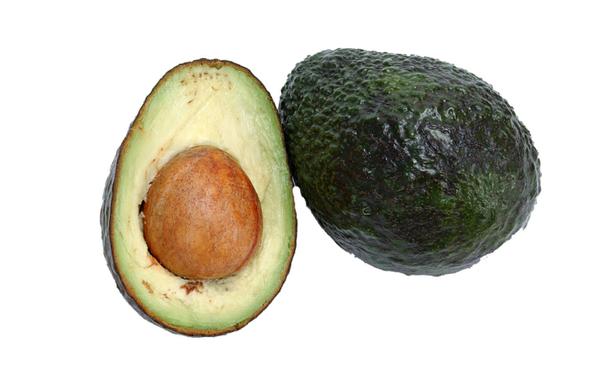Blood pressure benefits of avocado seeds

Avocados provide monounsaturated fats, the omega-3 fatty acid alpha-linoleic acid, vitamin B6, pantothenic acid, folic acid, magnesium, potassium, beta-sitosterols, and vitamin E… all of which add up to equal a heart healthy addition to your diet rich in antioxidants to reduce inflammation.
However, all the above refers to the flesh of the avocado. What about the large seed, which most of us tend to scoop out and throw away?
An avocado seed can be consumed by removing the fine layer of brown skin and then grating it or using a coffee bean grinder to grind it into a powder.
This powder can then be added to soups, salads, stews, pasta/rice dishes, smoothies and baked goods.
A viral Facebook video showed how to peel, chop, and pulverize the seed adding fuel to the idea of the avocado seed being a type of “super food”.
There is some argument regarding the positive health benefits of avocado seeds.
Avocado seeds contain protein, fiber, calcium, magnesium, potassium, flavonoids, and phenols.
Potassium to lower blood pressure
Will Avocados Lower Blood Pressure?
 Avocados are high in fat; however, they contain heart healthy monounsaturated fats providing anti-inflammatory and antioxidant protection. The avocado inner flesh is a good source of the fatty acid alpha-linoleic acid. Avocados are rich in vitamin B6, pantothenic acid, folic acid, and vitamin E. They also provide the minerals magnesium (important for lower blood pressure!), copper and iron. Avocados also contain the anti-carcinogenic antioxidant glutathione, as well as the beta-sitosterols to promote lower cholesterol levels.
Avocados are high in fat; however, they contain heart healthy monounsaturated fats providing anti-inflammatory and antioxidant protection. The avocado inner flesh is a good source of the fatty acid alpha-linoleic acid. Avocados are rich in vitamin B6, pantothenic acid, folic acid, and vitamin E. They also provide the minerals magnesium (important for lower blood pressure!), copper and iron. Avocados also contain the anti-carcinogenic antioxidant glutathione, as well as the beta-sitosterols to promote lower cholesterol levels.
Avocados and Potassium
Now, here’s something I bet your didn’t know – Avocados have more potassium than bananas. Half a medium avocado contains 549 mg potassium, while one medium banana provides 451 mg.



